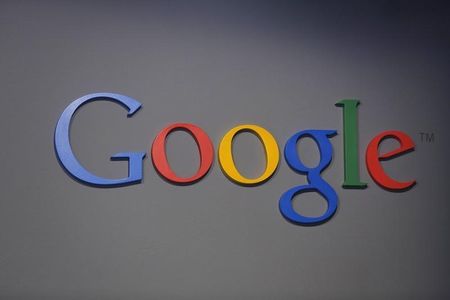This post was originally published on this site

Robinhood has been struggling to regain its footing after emerging as the breakout financial technology app during the pandemic, when several retail traders were drawn to its platform because of its commission-free trades and easy-to-use interface.
The Federal Reserve’s tightening cycle last year hammered equities, especially high-flying tech stocks in which there was a lot of retail interest, denting Robinhood’s business.
Shares of the company, whose trading platform was at the center of a meme stock frenzy in January 2021, have lost 86% since hitting their peak in August of the same year.
Earlier this week, Robinhood said it had earned 3 cents per share in the second quarter, while analysts were expecting a loss of 1 cent, according to Refinitiv data.
However, as retail traders stayed cautious due to volatile market conditions, monthly active users at the platform decreased to 10.8 million, one million fewer compared to the first quarter and 3.2 million lesser than last year.
To counter this weakness in its mainstay trading business, Menlo Park, California-based Robinhood is looking for new revenue streams. In June, it agreed to buy financial technology and credit card firm X1 for about $95 million.
In its regulatory filing, Alphabet said it had around 612,214 shares in Robinhood as of June 30, compared with 4.9 million shares in the first quarter ended March 31.
As of Robinhood’s last close on Thursday, Alphabet’s stake would be worth just about $7 million, according to Reuters calculations.

